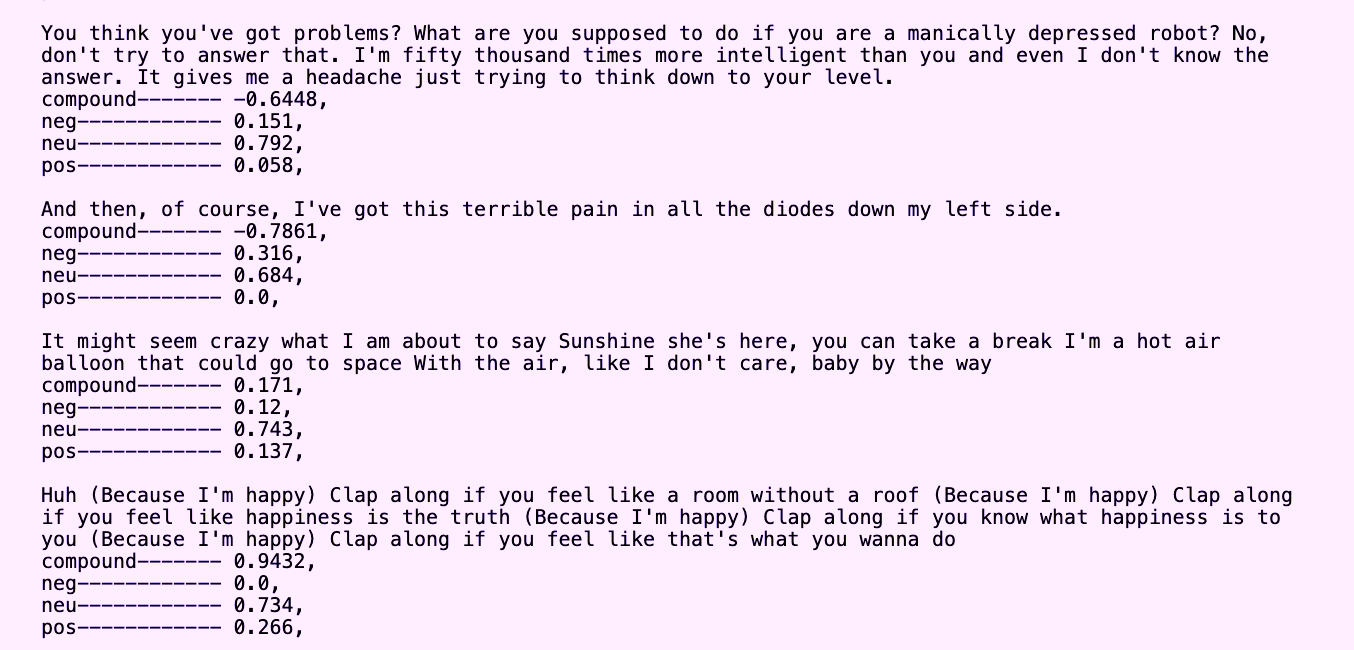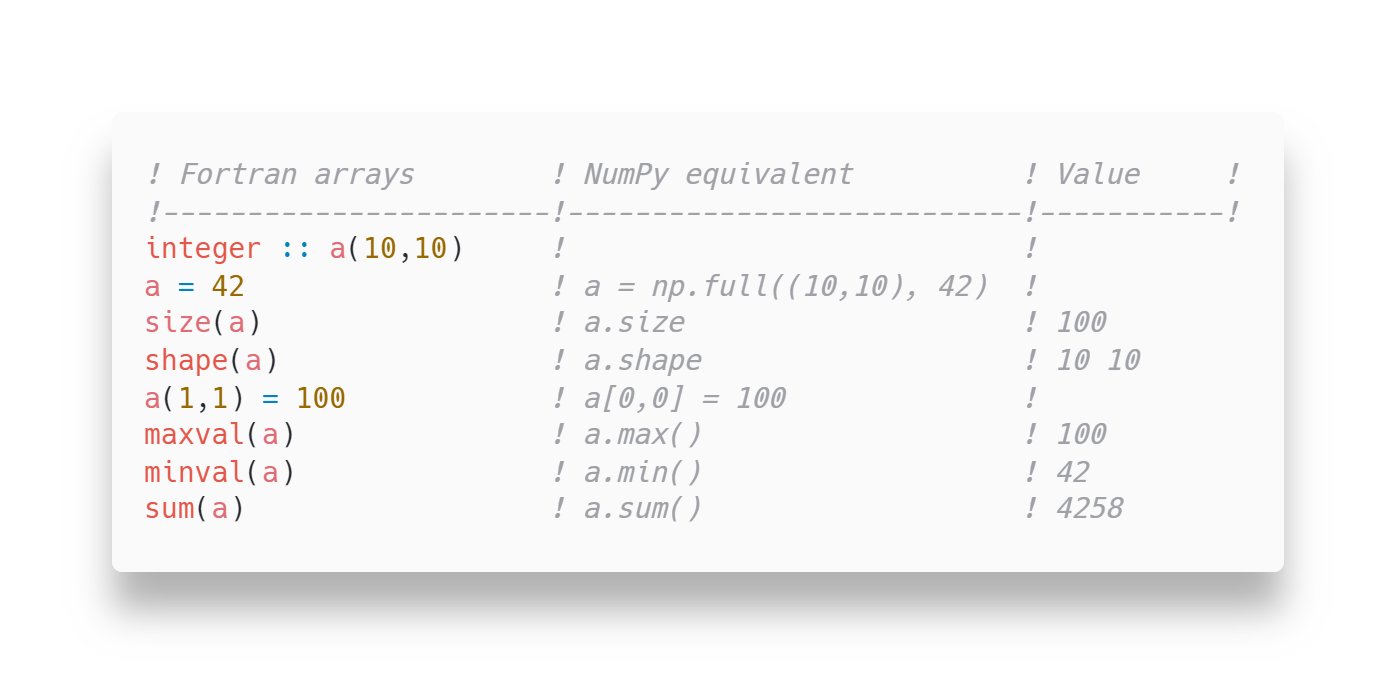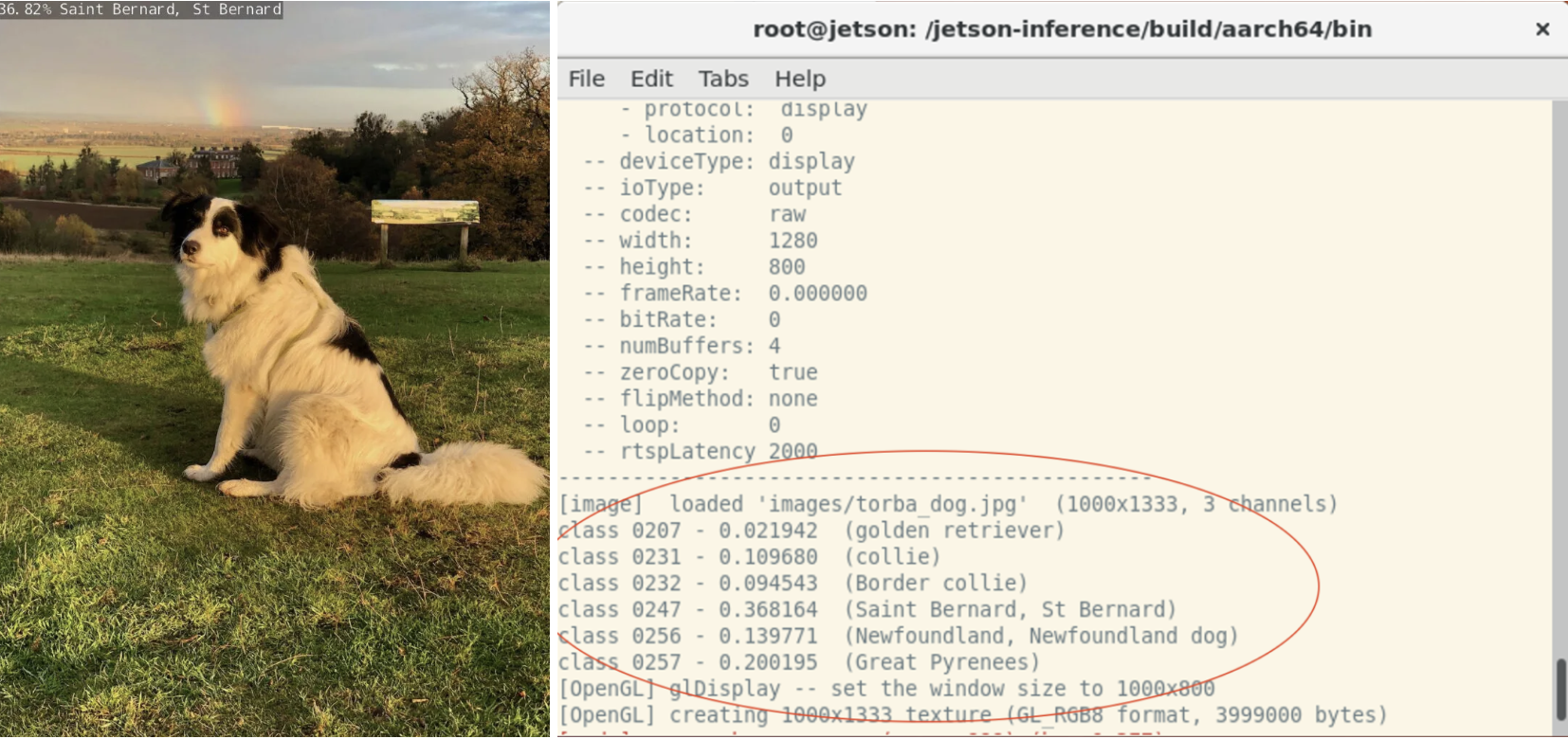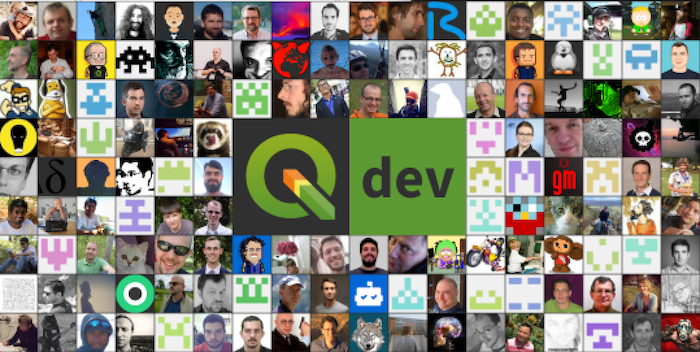CDE Webinar – Dr Vince Smith, Natural History Museum and Dr Mike Howe, BGS. Digitising the world’s collections to address global challenges
On Friday 29th April, we were pleased to welcome both Dr Vince Smith of the Natural History Museum, and Dr Mike Howe of BGS, to jointly present their webinar entitled ‘Digitising the world’s collections to address global challenges’. This talk continued our ‘Data digitisation, rescue, and re-purposing’ webinar series. Natural science collections can tell us […]





